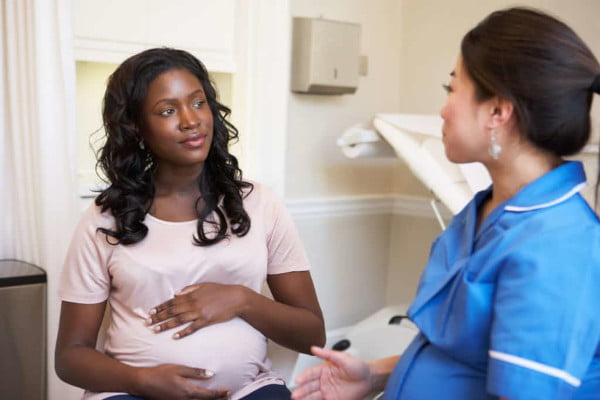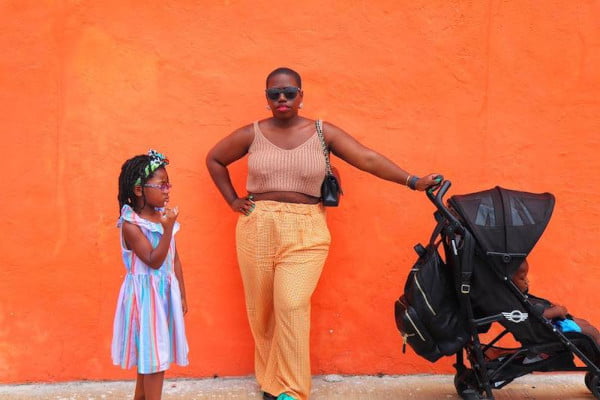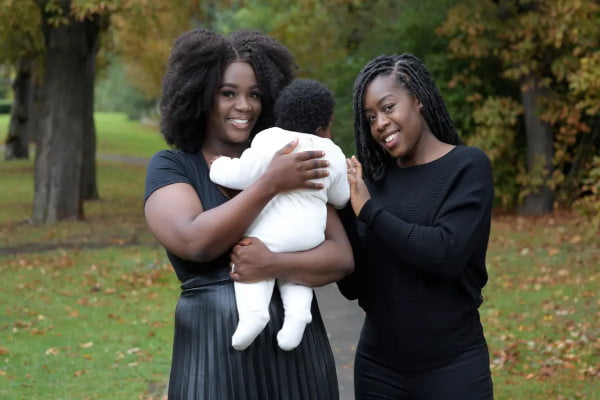The Maternity Death Gap Explained
Share:

Pregnancy and Childbirth are considered among the most precious times in a person’s life. But for some women, it can be a scary occasion.
In the UK, compared to white women, black women are four times as likely to die in childbirth and during the post-partum period. Asian women are twice as likely.
For years, there have been anecdotes from Black and Asian women, alleging poor treatment at their most vulnerable moment in life. Racial bias in medical care is unfortunately still very real, with practitioners often repeating false information about ethnic groups or mistreating patients based on their racist attitudes.

There is a myth that black and Asian women can take more pain than white women, a belief dating back to the time of colonialism and slavery. Black female slaves were often used in gynaecological experiments and operated on without anaesthetic or pain relief.
Candice Braithwaite, an author and advocate for better maternity care for women of colour, discussed how she was treated differently than expectant white mothers who were “listened to in more depth and with a sense of empathy.”
When she felt her concerns weren’t listened to, even after her c-section and she said that she was in pain. “I was told, ‘you’re over-thinking it, it’s your first kid.’ But she had to return to the hospital a few hours later after an infection.
Recommended Reading: How the ‘Rough Sex’ Defence Fails Women

Birthrights – a charity that protects human rights and care during childbirth did an enquiry into the disparity for ethnic minority women.
Sabia Kamali, who testified, said she could have avoided an emergency Caesarean section if her pain had been taken more seriously. “When I said that I needed extra painkillers because gas and air wasn’t enough, they were like, ‘Oh no, it’s normal, we’ll come back, it’s nothing, women go through that all the time.’
Often not “very forceful”, Asian women can be overlooked by professionals, Sabia said, “They think because you look a certain way, you dress a certain way, they think you don’t understand things.”

The ONS also found that women of colour were less to receive screening and less likely to receive pain relief during labour.
This is not limited to ‘regular’ women as it were. Serena Williams and Beyonce have been vocal in their experiences. Williams discussed not being listened to when she gave birth to her daughter Alexis Olympia. She suffered a pulmonary embolism (development of a blood clot in the lung) which should have been spotted earlier due to her history of blood clots.
Beyonce, when she gave birth to her twins swelled from preeclampsia causing her to be on bed rest for a month before an emergency c-section. It shows how irrespective of class, wealth and status, systemically black and brown women’s symptoms are ignored.
Recommended Reading: Why we need intersectional feminism

The danger to black and brown babies continues to In medical textbooks, certain conditions are not shown on black and brown babies, which makes it hard for practitioners to see things like jaundice in black and brown babies, compared to white babies.
Parenthood is already a nerve-wracking prospect. But for so many mothers, there is a fear that they or their babies are more likely to die in childbirth because of the colour of their skin. Every woman should be able to experience pregnancy and postpartum care on equal footing.
